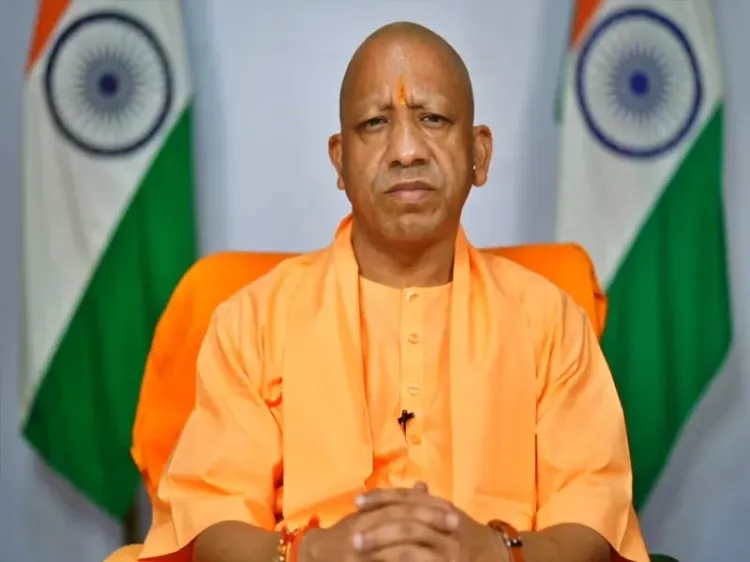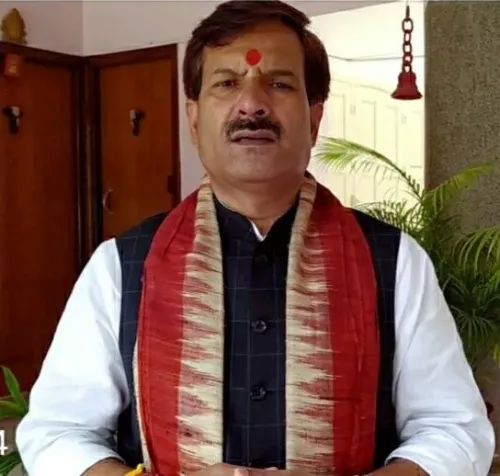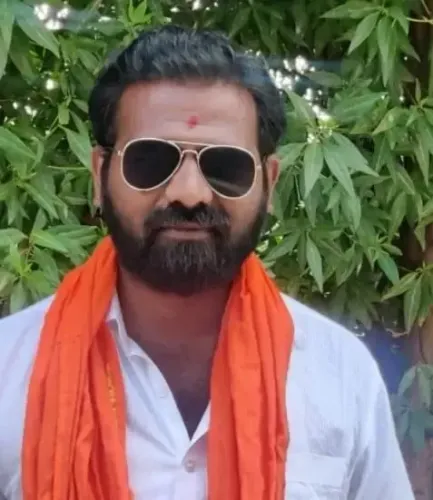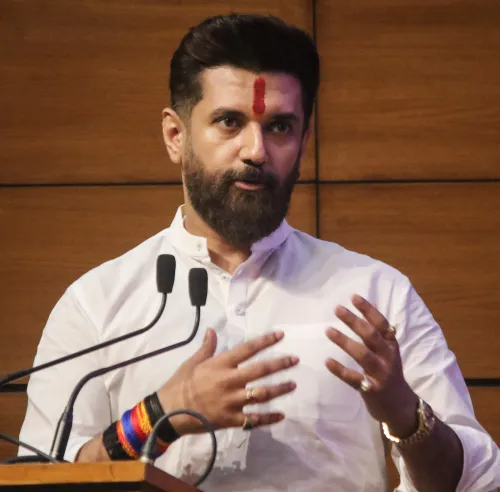Can the Yogi government achieve a filariasis-free UP by 2027?

Synopsis
Key Takeaways
- Uttar Pradesh aims to eradicate filariasis by 2027.
- A comprehensive Mass Drug Administration campaign has commenced.
- Community participation is essential for the campaign's success.
- Multiple departments are collaborating to promote health awareness.
- Self-help groups play a key role in addressing public concerns.
Lucknow, Aug 10 (NationPress) The Yogi Adityanath administration has initiated a targeted eradication campaign with the goal of making Uttar Pradesh free from filariasis by 2027, as stated by an official on Sunday.
A comprehensive Mass Drug Administration (MDA) effort commenced in 195 blocks across 27 districts within the state.
Filariasis is a disease transmitted by the bite of an infected Culex mosquito, leading to symptoms such as swelling and milky urine that may manifest even 10–15 years post-infection.
While currently there is no cure for filariasis, a five-year course of annual medication can effectively avert the disease's onset.
The MDA initiative will be active in various districts including Auraiya, Bahraich, Balrampur, Basti, Chandauli, Deoria, Etawah, Farrukhabad, Fatehpur, Ghazipur, Gonda, Gorakhpur, Hardoi, Kannauj, Kanpur Dehat, Kanpur Nagar, Kaushambi, Lakhimpur Kheri, Kushinagar, Maharajganj, Mirzapur, Sant Kabir Nagar, Siddharthnagar, Sitapur, Shravasti, Raebareli, and Sultanpur, as indicated by an official announcement.
At the launch, public representatives from 27 districts took the medication for filariasis, the statement noted.
The Yogi government recognizes the significance of community involvement and has orchestrated a collaborative initiative that encompasses multiple departments. The State Rural Livelihood Mission, Education Department, Panchayati Raj Department, and Food and Civil Supplies Department are joining forces with the Health Department to secure extensive public engagement and ensure the MDA campaign's success.
During the MDA campaign launch, Dr. Pinky Jowel, Mission Director of the National Health Mission, stated that ongoing evaluations are in place to guarantee the campaign’s success, in alignment with Chief Minister Yogi Adityanath’s vision.
The initiative aims to comply with national health standards and achieve its objectives efficiently, Dr. Jowel remarked.
Furthermore, the Mission Director has supplied detailed guidelines and protocols to all participating departments. These directives have been designed to ensure a cohesive and integrated approach throughout the campaign's implementation, as stated.
A pivotal component of the public engagement strategy involves women from self-help groups, who will be essential in addressing public concerns regarding the safety and efficacy of the medication.
The Education Department is also playing an active role in this campaign by promoting awareness through various school-based initiatives.
Teachers will be instrumental in educating students about filariasis prevention, sharing insights during daily prayer assemblies, as indicated in the statement.
Moreover, the Food and Civil Supplies Department will actively disseminate crucial information regarding the campaign, targeting ration shops to ensure broad outreach.
The Principal Secretary of Health highlighted the campaign’s significance as a vital step towards combating filariasis, asserting that the campaign's success hinges on widespread public participation and collaboration.
To ensure effective implementation, more than 35,483 drug administrators and 7,096 supervisors have been deployed in the field. Information and communication technology tools have been distributed across 195 blocks and Ayushman Arogya Mandirs.









